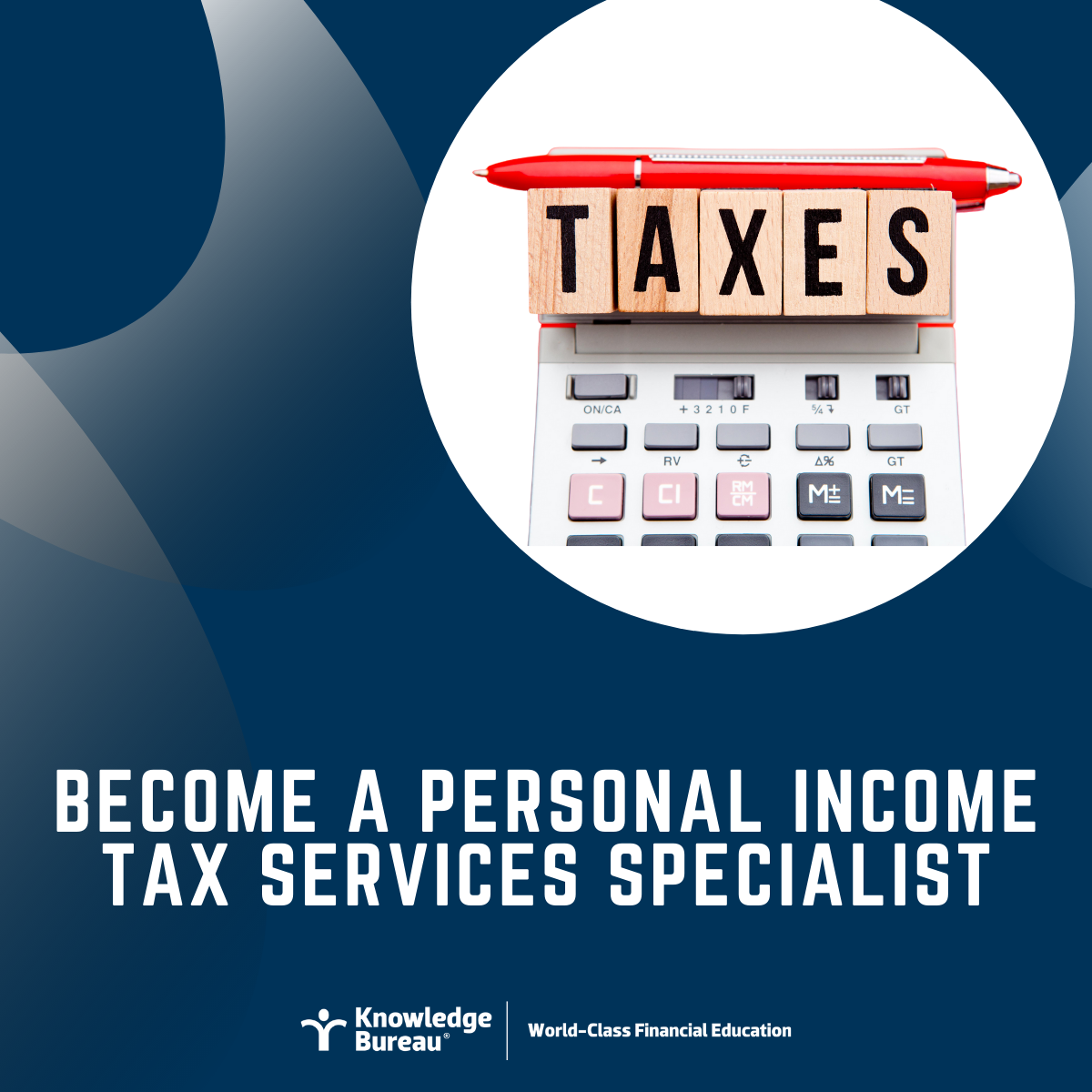Last updated: March 24 2021
Report Barter Transactions

Evelyn Jacks
Many taxpayers are unaware and in fact shocked to learn that the bushel of apples, gaggle of geese, or barter services of any kind provided in anyway, including those online, are taxable. Whether they are paid in kind to settle a debt or simply as a trade, all have a commercial value that may have tax implications.
 In a traditional sense, barter transactions are considered to be income to the recipient and may be deductible by the presenter. Exactly how do you do so when there is no money that has exchanged hands? These goods and services require valuation, and this is where grey areas in interpretation can arise. The buyer will want to go low; the seller and CRA may think the value is higher.
In a traditional sense, barter transactions are considered to be income to the recipient and may be deductible by the presenter. Exactly how do you do so when there is no money that has exchanged hands? These goods and services require valuation, and this is where grey areas in interpretation can arise. The buyer will want to go low; the seller and CRA may think the value is higher.
Because the onus of proof is on the taxpayer to justify that value on the tax return, it is important that the taxpayer have proper records of valuation. It’s always a good rule of thumb to get at least three credible valuations, which can simply include documentation of similar transactions in the open marketplace.
Remember also that barter transactions can result in the acquisition or disposition of inventory, capital property, eligible capital property, personal use property including homes, cars, boats, and furniture. The tax consequences are all the same, according to specific rules applied as if money was used for consideration, too.
And that’s where the new economy comes in. See our article on the Platform Economy, “Using Personal Assets to Make Money” that appears in this edition.
For more information take the Knowledge Bureau’s Professional Income Tax Course – Entry Level. Or subscribe to EverGreen Explanatory Notes for up-to-date information on current tax changes.

